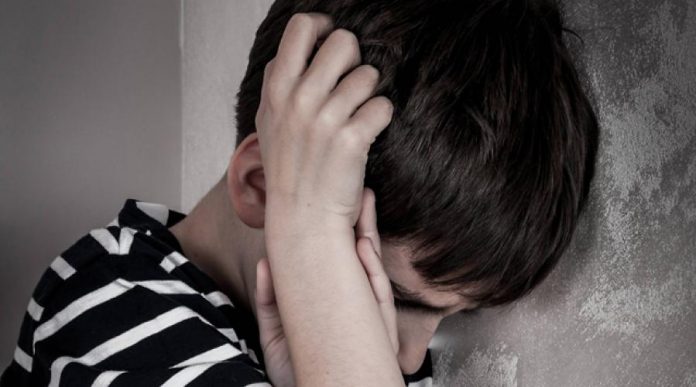Isn’t it strange to wonder if one is the unloved child of the family?
Or if the “unloved child” really exists?
Parents don’t usually choose the most popular child. Some don’t even believe that parents can favor one child over another. But it happens more often than we think.
It is possible to identify an unloved child simply by looking at their emotional scars. In fact, there is a significant difference between a child who is loved and accepted and one who is not.
There may be reasons why a parent does not give their child the love they deserve. These may be:
The parent did not consciously choose to have a child.
The child is an expression of a lack of affection between the parents.
The child often does not understand why he or she is treated this way. The child seems to perceive the world as unfair and has the feeling of being alone.
This leads the child to want to do everything possible to change the circumstances.
The parents’ behaviour then becomes a source of stress for the child.
For example, a mother may say, “I’m tired of taking care of him all by myself.
In fact, many mothers say this because they are stressed or just had a bad day.
But when it comes to an unwanted child, parents tend to make demands that they can’t meet. Because too many expectations are set, the child develops more skills than are necessary for his or her stage of development.
And when the child cannot meet these expectations, the parent tends to take out his or her frustration on the child and treat the child as incompetent.
The child sees that everything he or she does annoys the parent and that nothing is good enough to be accepted by the parent.
Because of these expectations, the child is often taught to be quiet, pay attention for a long time, or set the table like an adult.
As a result, they tend to develop strong feelings of guilt and learned defensiveness. They feel that no matter what they do, the result will never be appreciated.
How do you know if your child feels unloved?
Or how can you know if you yourself have been an unloved child?
When a child feels unloved, his heart breaks. They can’t understand why they are hurt or why their parents behave the way they do.
Because of the lack of affection, they tend to develop fears and anxiety. These are some of the signs that a child is unloved:
The child is anxious
The child is uncomfortable around other children and adults.
The child has phobias or irrational fears.
Child is impulsive and does not know how to express feelings
The child cannot control his or her anger
The child’s behaviour is repetitive and he/she asks many (too many) questions.
The child tries to avoid disappointment by making himself/herself almost invisible.
The child does not trust anyone
As human beings, we need contact, hugs and affection. Especially as we grow up. If a child receives criticism and no affection, he or she may feel unloved.
As parents, it is important to understand that even if a child is not wanted or prepared, he or she should feel welcomed and loved.
Affection is a basic need for a child, just like eating or sleeping. If a child does not experience love and affection as they grow up, they will never learn to love and feel love.
How does being an unloved child affect adult life?
As a parent, your child’s future is entirely in your hands. How you handle your feelings and show them determines what he or she will learn from you.
But why is this so important? You may think you have time to change it later, but you don’t.
A child without love becomes an adult with no self-esteem. And you can’t influence their behavior or change the mistakes you’ve made.
Act in time and correct your attitude towards your child, because a child without love becomes an adult who :
Attraction to toxic relationships
Inability to show love
Feelings of exclusion and vulnerability
Feelings of insecurity – constantly questioning
Dissatisfaction – the partner can’t make them happy.
Feeling unloved can be a difficult emotion to manage. It is therefore important to develop good parenting techniques to ensure that your child’s mental health is not affected.
Not being loved can lead to feelings of unhappiness. A child’s future ultimately depends on their parents and the values they instill in them.
Praise your child for his or her accomplishments and show love and affection every day.
It is important not to be irritable or negative, as this can hinder a child’s development.










